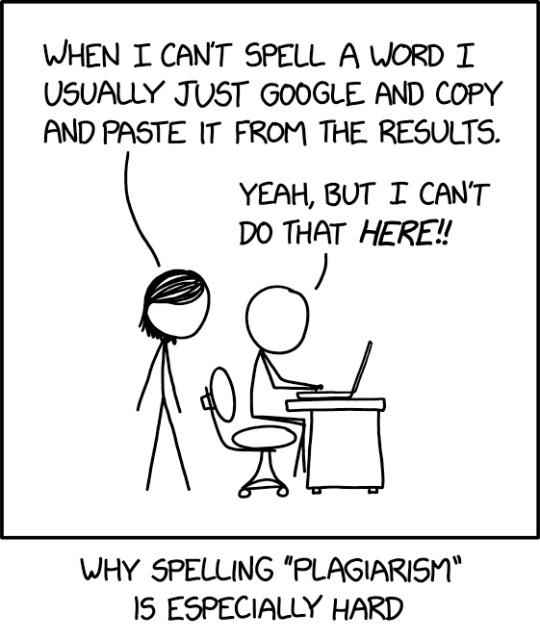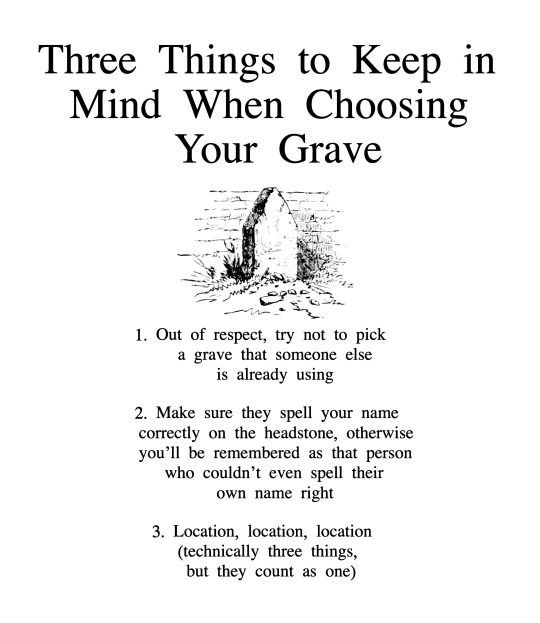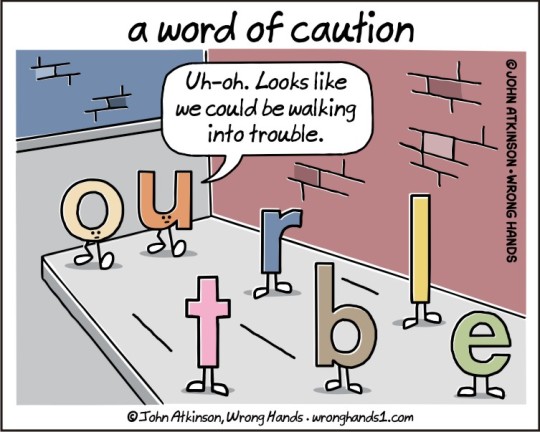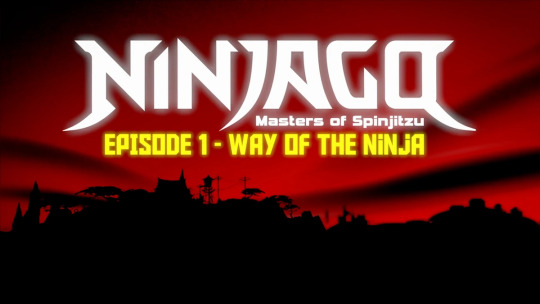#spelling
Text
#Spelling poll#spelling#polled#random poll#tumblr poll#linguistics#linguistics poll#polls#my polls#tumblr polls#poll#poll time#random polls
16 notes
·
View notes
Text
being a writer is spelling disembowelment correctly on the first try but somehow always screwing up definitliely
#writeblr#writer problems#creative writing#writing#writer#fiction#fiction writing#write#writers#writers on tumblr#writer life#spelling#speling misteaks#that last tag pained me to type#but seriously#we're writers why can't we spell#writing words is literally our whole thing#writing struggle#writing stuff#shitpost#writer vibes#too many tags#writer's problems#writer's life#writer's block#writer's thoughts#writerscommunity#writers and poets
1K notes
·
View notes
Text
We ask your questions so you don’t have to! Submit your questions to have them posted anonymously as polls.
#polls#incognito polls#anonymous#tumblr polls#tumblr users#questions#polls about language#submitted nov 23#spelling#grammar#language
862 notes
·
View notes
Text

Any time I misspell a word it's just because I have too much integrity to copy answers from the dictionary.
Spelling [Explained]
Transcript Under the Cut
[Cueball sitting at a desk and Megan standing behind him are looking at a laptop being operated by Cueball]
Megan: When I can't spell a word I usually just google and copy and paste it from the results.
Cueball: Yeah, but I can't do that HERE!!
[Caption below the panel:] Why spelling "plagiarism" is especially hard
639 notes
·
View notes
Text
there is a linguistic difference between u/ur and you/your and no i cannot explain it but i feel it in my soul
#i will use both in different scenarios but they mean something different!!#spelling#linguistics#idk man#op
2K notes
·
View notes
Text
Honestly, what bothers me most about writers trying to use the word "wiener" in an erotic context is less the word itself and more that none of them can spell it.
2K notes
·
View notes
Text

01-02-24 | s.b. "Southern" (stupid). misterlemonztenth.tumblr.com/archive
407 notes
·
View notes
Text

#Three Things to Keep in Mind When Choosing Your Grave#tips#tricks#life hacks#helpful hints#advice#unreality#TW death#graves#spelling
261 notes
·
View notes
Photo










A few of the more creative spellings of Christmas I’ve come across while looking for Dear Santa letters in old newspapers this year - Part 2 (because I found some more.)
1K notes
·
View notes
Text
Some common grammar and spelling mistakes I see in fics:
- "Alot" isn't a word. there wasn't "alot" of food at dinner, there was "a lot" of food.
- compliment = a nice thing you say to someone. complement = things that go together: complementary colors, flavors, etc
- lose = to no longer have something. loose = the opposite of tight.
- i.e. = in other words. e.g. = example given.
- peek = a quick look. peak = the top. pique = create/provoke: "piqued interest"
- ensure = to make sure. insure = protect with an insurance plan.
these are just a few. let me know others that bother you!
#writing#fanfiction#writing tips#fanfic#writers of tumblr#creative writing#writers#ao3#ao3 writer#grammar#spelling#grammar mistakes
125 notes
·
View notes
Text

#words#spelling#wordplay#grammar#teaching#english#letters#idioms#sayings#wronghands#webcomic#john atkinson#humor
119 notes
·
View notes
Text
You're all spelling it wrong

It's Ninjagq not Ninjago.
#ninjago#lego ninjago#ninjago headcanons#grammar#english language#english#vocabulary#spelling#language#tumblr poll#i'm right#you're all wrong#funny stuff#funny post#jokes#humor#funny shit#funny#funny content#why does the q look like that?#ninjago season 1#sorry lol
254 notes
·
View notes
Note
Random question:
So a while back I read something where someone was talking about how if English spelling were reformed so every sound had a unique symbol that we’d lose the “visual alliteration” of Cape Cod.
I cannot figure out what that means. Are those /k/ sounds not both [k]? The only difference I’ve been able to notice is a feeling of the airstream moving outward in “Cape” and inward in “Cod”, but I can’t tell if that’s due to vowel influence or what.
Let's back up. The "someone" who was talking about this was either (a) wrong, (b) uncooperatively pedantic, or (c) imagining a very specific, non-alphabetic spelling reform of English (e.g. spelling English with logographic or syllabic glyphs).
Assuming (b), the only way that English spelling could be reformed such that the C's in Cape Cod would be different is if the spelling reforming was as sensitive as a narrow IPA transcription. If that was the case, then there are some transcriptions of English that would transcribe the first as [kʰʲ] and the second as [kʰ]. This level is detail is phonologically important for some languages. English is not one of these. A sensible spelling reform would spell those the same, whether C (because all instances of [k] become C) or K (because all instances of [k] become K). A nonsensical spelling reform would actually spell aspirated and unaspirated voiceless stops different, but even then, these two would be the same, as they're both aspirated.
The airstream is the same for both (egressive). What you're feeling, I expect, is the very slight movement in tongue position as the initial [k], which is palatalized, moves backward to an unpalatalized position. The reason you feel this is the tongue doesn't have to do anything in between the onset of the first word and the onset of the second. The tongue gets in position for [e], and in this position you can pronounce [k] well enough, then with [p], your tongue doesn't have to do anything; the lips take care of it. This means your tongue body can remain in place. For "Cod", it moves back as the tongue prepares to pronounce [ɑ] (or whatever back vowel you have there). Notice also that the tongue body has to go down, the tongue tip retracting slightly to pronounce [ɑ]. That's all part of it.
Now, assuming (c), yeah, that's indeed going to happen. Consider Japanese katakana. This is how "Cape Cod" is spelled: ケープコッド /keːpu koddo/. The relevant characters—the ones that begin each syllable—are ケ /ke/ and コ /ko/. And, yeah, they're different, so you do lose the visual alliteration. However, what you lose in visual similarity you gain in economy. To write /ka, ke, ki, ko, ku/ in an alphabet you need 6 different letter forms and 10 total glyphs. To write the same thing in katakana you need 5 different letter forms and 5 total glyphs. Consider an old style text message, which had a hard character count. A syllabary allows you to fit more letters in than an alphabet because each character encodes more information. When it comes to sheer character count, then, the Japanese writing system is much more efficient when it comes to writing Japanese than the English Romanization is.
Of course, that's for Japanese. For English it doesn't make as much sense because of our overabundance of consonant clusters. Typing lava in an alphabet takes 4 characters; in a syllabary, it takes 2. Typing straps, though, requires 6 characters in an alphabet and 5 in a syllabary. That doesn't save you a lot space—and a syllabary like Japanese's throws in extra vowels that have to be there, even if they're not pronounced, destroying its efficiency by, essentially, adding extra noise to the signal. Returning to straps, you have 6 characters, and all elements are vocalized. In katakana, you'd have to do ストラプス /sutorapusu/. You save a character with ラ /ra/, but then you have a whole bunch of vowels you have to remember not to pronounce.
Long story short, if you were going to reform the English spelling system, I don't think a syllabary (or even an abugida) makes sense, and a logography would be quite a thing to drop on the unsuspecting populace, even if it would be more equitable. This is why I guessed that what you overheard wasn't (c) and was likely (b).
Anyway, that's my 2¢. Hope it helps.
#language#linguistics#orthography#spelling#English#Japanese#syllabary#logography#alphabet#spelling reform
70 notes
·
View notes
Text
Purple is now spelled pouple. I am very angry about this.
515 notes
·
View notes
